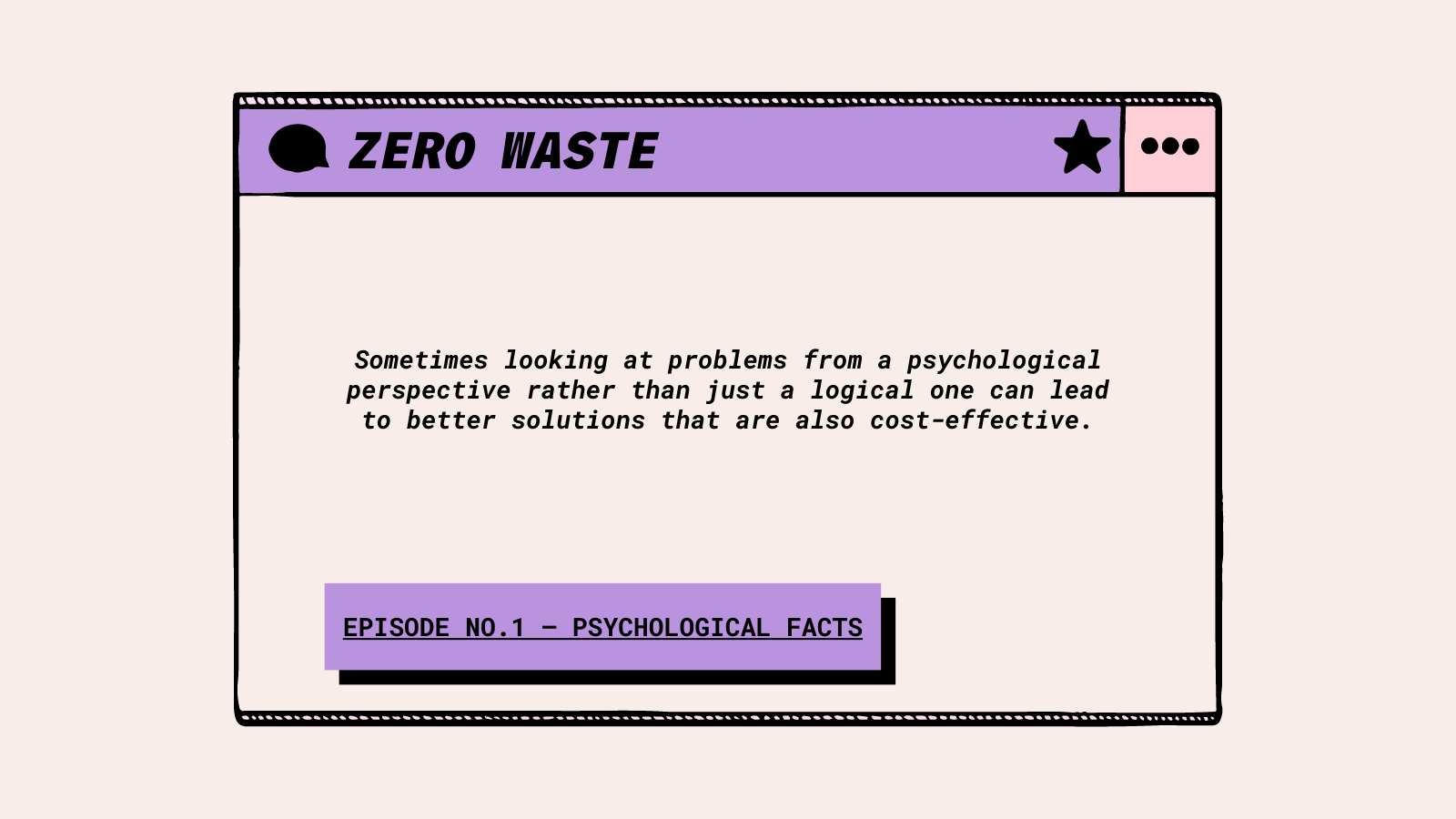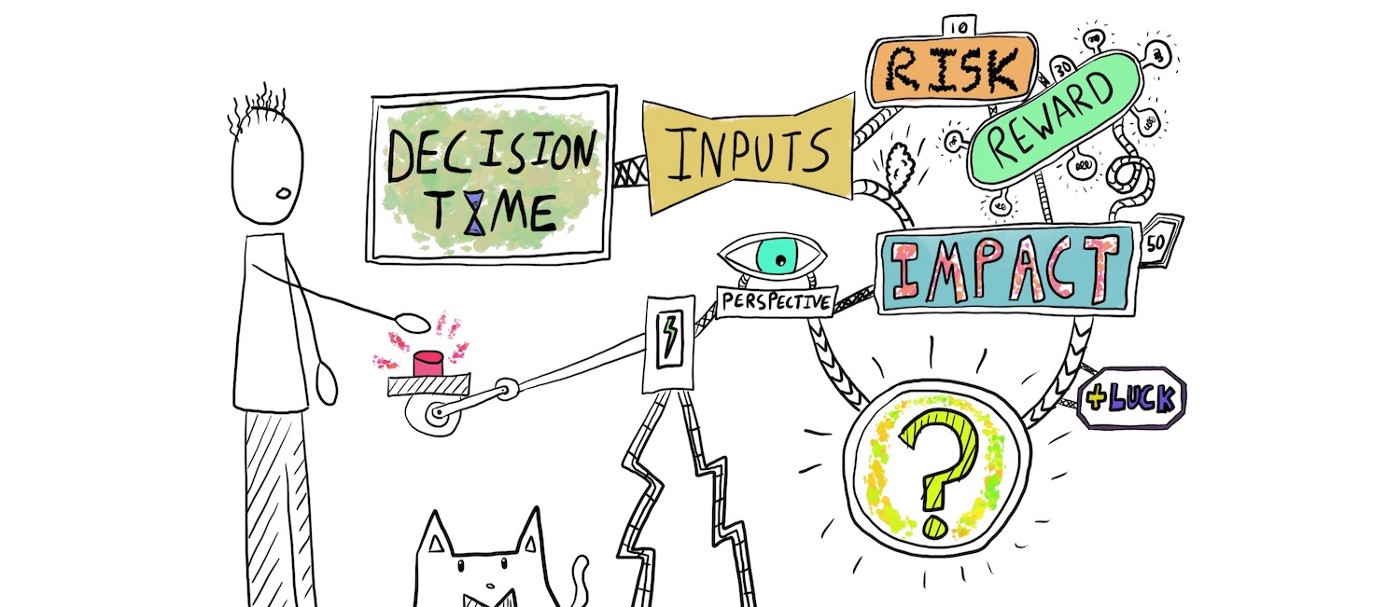Procrastination is delaying or putting off tasks until the last minute or past their deadline. Some researchers define procrastination as a “self-regulation failure characterized by the irrational delay of tasks despite potentially negative consequences.”
The performer says, “I work well under pressure.”
These procrastinators force themselves to focus by shrinking their time to tackle a task. Many of our clients are perfectionism. If you’re tight on time, there’s no way you can do the job. For others, the issue is falling back into old patterns and beliefs about our 11th-hour saves. No matter, being in the habit of putting pressure on yourself is not sustainable.
The self-deprecator says, “I am so lazy right now.”
This procrastinator is the opposite of lazy, so they are extra hard on themselves when they don’t do something. We see this a lot with our male clients, and they tend to blame inaction on laziness or stubbornness rather than admit they are tired. What they need is to be more compassionate with themselves.
The overbooker who says, “I’m so busy.”
This procrastinator is a pro at filling up their calendar and is often overwhelmed. “I’m so busy” is probably the excuse we hear most often. Interestingly, some of the busiest people we work with get the most done. When busyness comes up as an excuse for not doing something, it’s usually an indication of avoidance. Rather than facing a challenge head-on or admitting they don’t want to do something, it’s easier to blame having other essential things to do.
The novelty seeker says, “I just had the best idea!”
This procrastinator has a terminal case of Shiny Object Syndrome. They’re constantly coming up with new projects to take on — and then getting bored with them a week later. They’re intrigued by the latest trend and will be quick to implement but not follow through.
They are great at making decisions and taking action. However, they inadvertently lose time and burn out because they don’t take consistent action in one direction long enough to see results. Many of our entrepreneurial clients fit into this category.
A 2007 meta-analysis published in the Psychological Bulletin found that 80% to 95% of college students regularly procrastinated, particularly when completing assignments and coursework.
Procrastination can also be a result of depression. Feelings of hopelessness, helplessness and a lack of energy can make it difficult to start (and finish) the most straightforward task. Depression can also lead to self-doubt. When you can’t figure out how to tackle a project or feel insecure about your abilities, you might find it easier to put it off and work on other tasks.
Procrastination is also pretty common in people with obsessive-compulsive disorder. One reason is that OCD is linked with maladaptive, unhealthy perfectionism, which causes fears about making new mistakes, doubts about whether you are doing something correctly, and worry over others’ expectations of you.
Some researchers classify procrastination into two main types: passive and active procrastinators.
- Passive procrastinators: Delay the task because they have trouble making decisions and acting on them
- Active procrastinators: Delay the task purposefully because working under pressure allows them to “feel challenged and motivated.”
Fortunately, you can do several things to fight procrastination and start getting things done on time.
- Make a TO-DO List
- Take Baby Steps
- Recognize the warning signs
- Eliminate distraction













